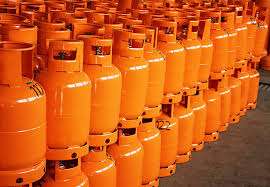LONDON: Despite oil trading low at $60, OPEC+ this week is expected to continue to further open the taps.
This follows pressure from US President Donald Trump and group leader Saudi Arabia’s quest to penalise allies that breach the cartel’s quotas.
In past months, Saudi Arabia, Russia and six other OPEC+ members have surprised markets by announcing a sharp increase in oil production for May and June despite the low prices.
Numbering a total of 22 countries, most of which are highly dependent on oil revenues, the group has long been exploiting supply scarcity to boost prices, holding millions of barrels in reserve.
This week the cartel will hold two meetings — one online on Wednesday with all OPEC+ members to discuss the group’s common strategy, and one on Sunday with just the eight member states — known as the “V8” — that have made the largest cuts in recent years. “What’s most interesting is the V8 decision” in Sunday’s meeting regarding production for July, UBS analyst Giovanni Staunovo told AFP.
Analysts expect the V8 to up production by 411,000 barrels a day for July — the same as in May and June — whereas the initial plan called for an increase of just 137,000 barrels.
This could further weigh down prices already slumping to lows last seen during the pandemic, which hit global demand.
The Organization of the Petroleum Exporting Countries and their allies — collectively known as OPEC+ — have justified their change in strategy by citing “current healthy market fundamentals, as reflected in the low oil inventories”. But observers are sceptical, given concerns about global demand due to the trade war that Trump has unleashed. Since late 2022, the cartel had slashed production, with Riyadh, Moscow and the six other OPEC+ members withholding 2.2 million barrels per day.
At the start of the year, the group said it would reintroduce some of the oil kept under ground, but it has significantly accelerated the pace. With this, OPEC leader Saudi Arabia effectively puts pressure on members that have failed to cut back their production as agreed, reducing their profits.







